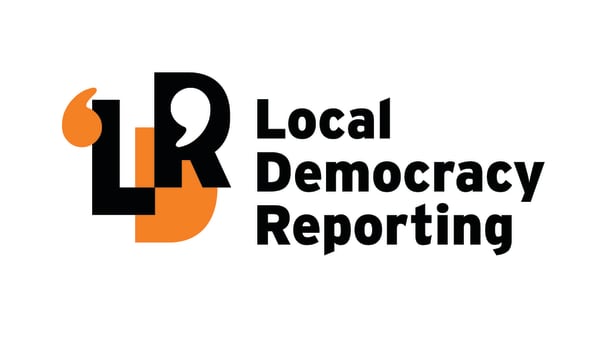Concerns have been raised by a Gisborne district councillor about a perceived lack of scheduled meetings for the year ahead. 
On Thursday, councillors adopted their schedule for 2024 which proposed a six-weekly meeting cycle.
The report prepared for the decision showed the council opted for the less frequent of two options commonly used by local governments around the country — monthly and six weekly.
That decision didn’t sit well with six-term councillor Andy Cranston, who felt elected members were obligated to meet more often for the sake of the community who paid their wages.
“When I started, we had more committees and we met more frequently. We were monthly,” Cranston said.
“And then as time got on, staff needed more time . . . so we stretched it out to six weekly, and that was my understanding of where we got to.
“When I go through the schedule at the moment . . . when I look at council, it just doesn’t make sense.”
Cranston said meetings for 2024 were scheduled for less often than six-weekly, and believed Gisborne District Council was slipping behind others in the country which were showing a stronger commitment to meeting at that frequency.
In response to his concerns, council democracy support services manager Heather Kohn said next year’s meeting structure was similar to what had been in play for the past few years.
Kohn said when she began working at the council in 2012, “lots” of meetings were cancelled because of a lack of business.
“We’ve got councillors with young children, so we’ve accommodated a lot of things so that everyone has the time to spend with their whānau, and also so that staff can have a bit of a break after big pieces of work, if they choose to do so,” Kohn said.
Cranston felt that still didn’t explain the variation in the actual number of meetings that were scheduled for the year — a total of eight full council meetings, including one which was originally left off in error.
He questioned if it was necessary for the organisation to consider councillors’ need to care for children.
Rhonda Tibble lodged an objection to Cranston’s comments.
“The actual role of councillors is to take care of all the needs of all members of the community,” she said.
Mayor Rehette Stoltz said the calendar would be expanded and anticipated councillors complaining at a later date about meetings being too regular.
“Anyone else want to speak to the calendar — which is just a base and will be fleshed out significantly — and everyone will complain to me how often they need to be here?”
Gisborne District Council held 12 council meetings in 2023, four of which were extraordinary — conducted to enable business which could not wait for a regular meeting.
One meeting was cancelled in February.
On top of council meetings, councillors are expected to attend relevant committee meetings and workshops.
Gisborne councillors had their last pay review in December 2022, with the base salary increasing by almost $5000 to $49,822.
Those with chair positions earned between $51,943 and $59,364, depending on the committee they were in charge of.







1 comment
Council is supposed to be the domain of experienced members of the community who have been there and done that.
Their salary is supposed to be a cross between a pat on the back for services rendered and a balance against the "woke" prognostications of council staff fresh out of school who have never had jobs in the real world.
We can't have the latter group performing both roles in the community.
You end up with too much debt and bridges to nowhere.
JOIN THE CONVERSATION
Read and post comments with a
Newsroom Pro subscription.
Subscribe now to start a free
28-day trial.